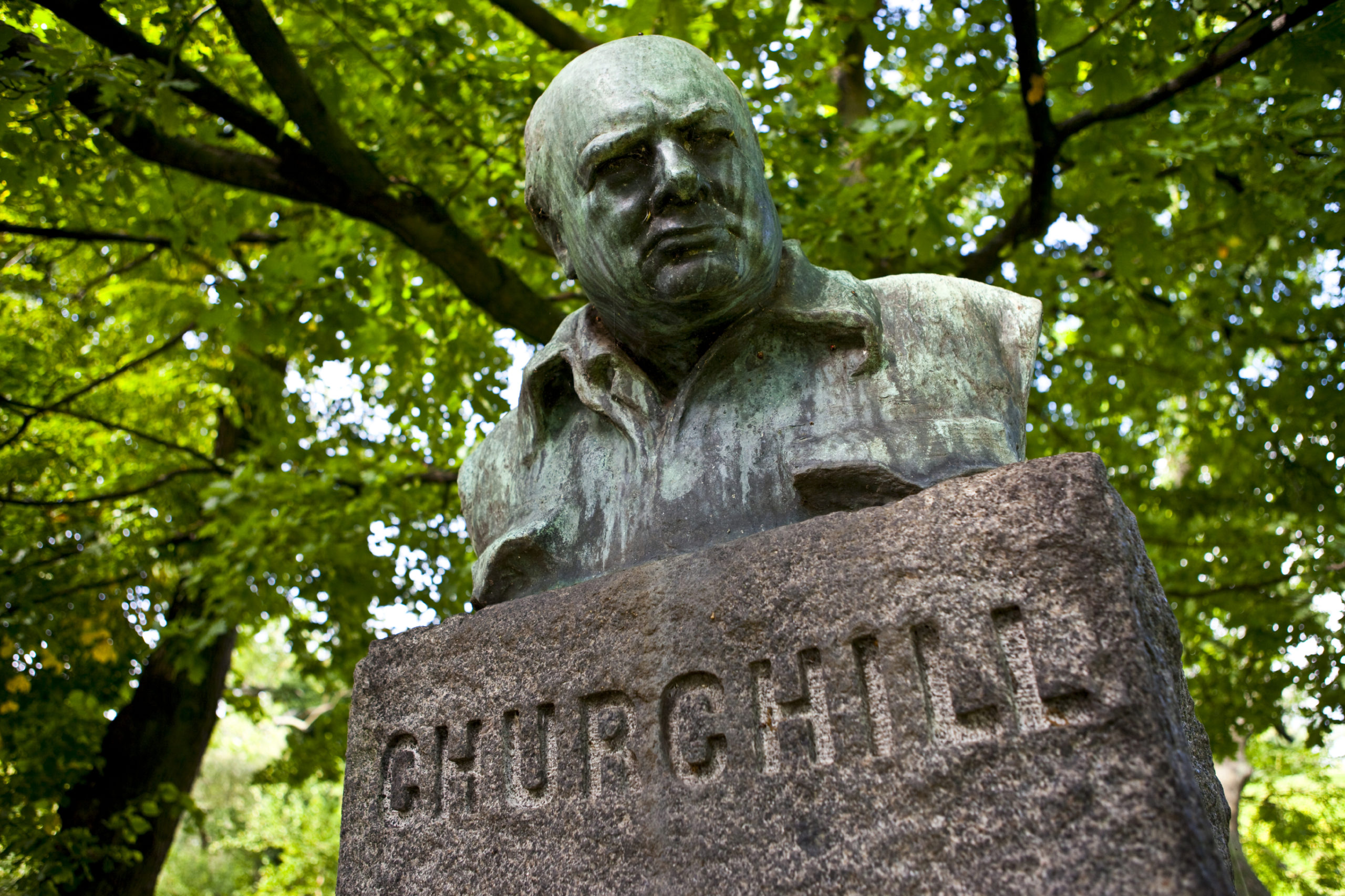An Ill-Advised Investment

Winston Churchill: Good at a lot of things, investment wasn’t one of them.
In 1929 Winston Churchill, the future British Prime Minister, was touring the United States and Canada. Churchill had just stepped down as Chancellor of the Exchequer, a high government post equivalent to the Treasury Secretary in the U.S. Freed from his duty of overseeing financial policy for the British Empire, Churchill had time to focus on his personal wealth management and investments. In a letter to his wife, Clementine, dated September 19, he boasted of his success in this new pursuit:
Now my darling, I must tell you that a very great & extraordinary good fortune has attended me lately in finances. Sir Harry McGowan asked me – rather earnestly – before I sailed whether he might, if an opportunity came, buy shares on my account without previous consultation. I replied that I could always find 2 or 3,000 [pounds]. I meant this as an investment limit…He evidently took it as the limit to which I was prepared to go in a speculative purchase on margin. Thus he operated on about ten times my usual scale…So here we have really recovered in a few weeks a small fortune… This ‘mass of manoeuvre’ is of utmost importance and must not be frittered away.†
About six weeks later on October 29, a day known as Black Tuesday, Churchill was in New York City watching the market drop 12% on the heels of a 13% drop the previous day. He dined that night at the house of the great financier Bernard Baruch, who had invited 40 of the city’s top bankers to meet Churchill. Recalling the dinner later, Sir Winston wrote that “…when one of them proposed my health, he addressed the company as ‘friends and former millionaires.'” ‡
Churchill’s small fortune wasn’t “frittered away,” it was decimated. The losses were more devastating because he had been purchasing stock on margin. It took him many years to crawl out of the financial hole he found himself in. The market had peaked two weeks before he wrote the optimistic letter quoted above, and didn’t surpass its 1929 apex until November, 1954.
“Undisciplined Pursuit of More”
It is hard to think of a modern public figure more accomplished than Winston Churchill. He was a tenacious leader, an orator without equal, an adept military strategist, a great writer honored with the Nobel Prize in literature, and a talented painter. When it came to money, however, Churchill was not a towering figure; he was average. He was a typical investor who made typical mistakes. He struggled constantly to maintain his lifestyle. He didn’t write for pleasure, it was his income. For all the other great strengths he possessed, he was not financially strong.
Part of Churchill’s difficulty with money was self-inflicted; he agreed to follow dubious, highly risky investment advice. I see people making the same mistake today and for much the same reason. Churchill fell into a trap that well-known author Jim Collins calls the “undisciplined pursuit of more.” For reasons that were partly due to manufactured need, and partly due to the frenzy of his time, he made decisions based on his wants, not prudence or discipline. In striving for peak returns, he took risks that left him dependent on earned income. I have seen investors do the same thing more recently, abandoning a steady, balanced approach to wealth mastery and investment discipline to pursue leveraged hedge funds, unbalanced portfolios, unsustainable spending rates, and a host of pricing bubbles.
†From Winston and Clementine: the personal letters of the Churchills, edited by their daughter, Mary Soames. New York: Houghton Mifflin Harcourt, 2001
‡ From Churchill and America by Sir Martin Gilbert. New York: Free Press, 2005
Joseph J. Janiczek is the founder and CEO of Janiczek Wealth Management. This article was adapted from his book, Investing from a Position of Strength.


